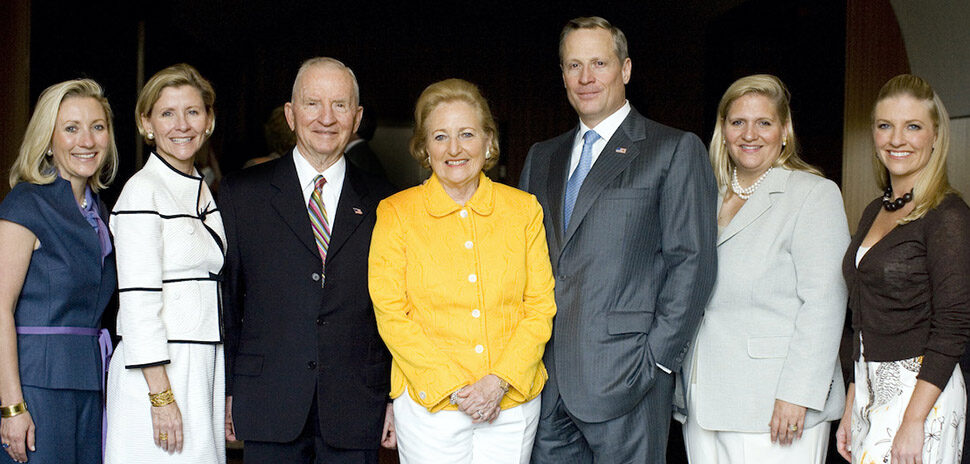Samuel Barone, M.D., a former Federal Drug Administration official and leader in the pharmaceutical space, has been named chief medical officer of Dallas-based Nanoscope Therapeutics, a clinical-stage biotechnology company developing gene therapies for inherited retinal diseases.
“We’re thrilled to welcome Dr. Barone to the Nanoscope team. The regulatory expertise garnered during his tenure at the FDA will be instrumental as we continue to advance our pipeline through late-stage clinical development and navigate the regulatory process,” Sulagna Bhattacharya, co-founder and CEO of Nanoscope, said in a statement. “Dr. Barone will support our mission to bring sight-restoring therapies to patients with inherited retinal diseases in an expeditious manner.”
Barone is a board-certified ophthalmologist and vitreoretinal surgeon with clinical development and regulatory experience across a range of indications in ophthalmology, dermatology, rare diseases, and cell and gene therapy.
“Nanoscope has the potential to impact the treatment landscape with its gene-agnostic, sight-restoring optogenetic therapies and bring these transformative therapeutic options to patients with severe vision loss due to inherited retinal diseases, for which there are no restorative therapies available,” Barone said. “I look forward to taking MCO-010 through approval and advancing Nanoscope’s follow-on assets to the clinic.”
A background in novel therapeutics
Most recently, Barone was chief medical officer at Gemini Therapeutics prior to its merger with Disc Medicine, where he oversaw the development of novel therapeutics targeting the complement system to treat genetically defined age-related macular degeneration and systemic renal disease.
Before that, he was chief medical officer for Veloce BioPharma, a topical therapeutics company focusing on unmet clinical needs in dermatology, ophthalmology, and supportive oncology.
Barone also was chief medical officer for Avalanche Biotechnologies and then SVP of clinical development, for Adverum Biotechnologies. Both of those roles included supervision and implementation of the clinical development of AAV-based gene therapy products targeting unmet medical needs in ophthalmology and rare diseases.
Early in his career, Barone was on active duty as a flight surgeon for the United States Air Force.
As a senior medical officer at the FDA in the Office of Cellular, Tissue and Gene Therapies (now the Office of Therapeutic Products), Barone was a subject matter expert and developed FDA Guidance Documents.
He has global experience in overseeing clinical trials in the U.S. as well as in Australia and India. Nanoscope said. He was involved with Nanoscope for the Phase 1/2a clinical trial design for MCO-010.
Developing sight-restoring therapies
Nanoscope Therapeutics is developing gene-agnostic, sight-restoring optogenetic therapies for the millions of patients blinded by inherited retinal diseases, for which no cure exists.
The company’s lead asset, MCO-010, recently reported topline results from the RESTORE Phase 2b multicenter, randomized, double-masked, sham-controlled clinical trial in the U.S. for retinitis pigmentosa (NCT04945772).
Nanoscope also recently completed its end-of-study visit for the Phase 2 STARLIGHT trial of MCO-010 therapy in Stargardt patients (NCT05417126).
The company said that MCO-010 has received FDA fast track designations and FDA orphan drug designations for both retinitis pigmentosa and Stargardt.
Preclinical assets include non-viral laser-delivered MCO-020 gene therapy for geographic atrophy, Nanoscope said.
![]()
Get on the list.
Dallas Innovates, every day.
Sign up to keep your eye on what’s new and next in Dallas-Fort Worth, every day.





























